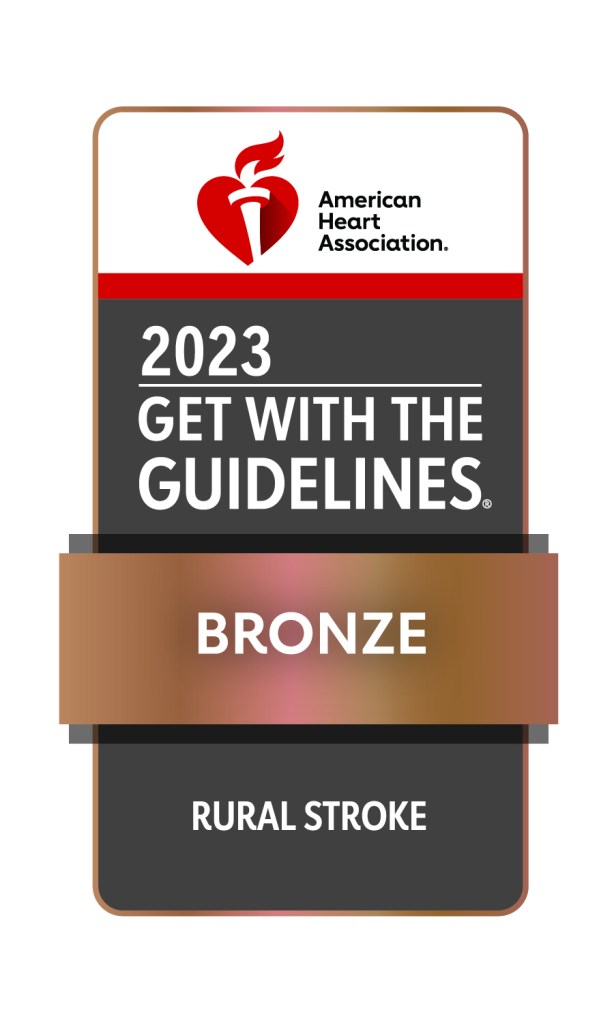CMC awarded for efforts in rural stroke care
Published 2:37 pm Thursday, July 20, 2023
|
Getting your Trinity Audio player ready...
|
People who reside in rural communities live an average of three years fewer than their urban counterparts and have a 40 percent higher likelihood of developing heart disease. These residents face a 30 percent increased risk for stroke mortality – a gap that has grown over the past two decades. Claiborne Medical Center is committed to changing that.
For efforts to optimize stroke care and eliminate rural health care outcome disparities, Claiborne Medical Center has received the American Heart Association’s ‘Get With The Guidelines ® – Stroke’ Rural Recognition Bronze Award.
The American Heart Association is the world’s leading nonprofit organization focused on heart and brain health for all. The AHA recognizes the importance of healthcare services provided to people living in rural areas by rural hospitals that play a vital role in the initiation of timely evidence-based care. For that reason, all rural hospitals participating in ‘Get With The Guidelines ® – Stroke’ are eligible to receive award recognition based on a unique methodology focused on early acute stroke performance metrics.
Trending
“We are proud that our team at Claiborne Medical Center is being recognized for the important work we do every day to improve the lives of people in the Tri-State area who are affected by stroke, giving them the best possible chance of recovery and survival,” said Chief Administrative Officer Patti Ketterman. “As a hospital in a rural community, we deal with characteristics, such as extended inter-facility transportation times and limited staffing resources. We have made it a goal to make sure those hurdles do not affect the standard of care our stroke patients receive.
“Rural communities deserve high-quality stroke care. I’m proud of our team for their commitment to stroke care excellence and this achievement.”
The award recognizes hospitals for their efforts toward acute stroke care excellence demonstrated by composite score compliance to guideline-directed care for intravenous thrombolytic therapy, timely hospital inter-facility transfer, dysphagia screening, symptom timeline and deficit assessment documentation, emergency medical services communication, brain imaging and stroke expert consultation.
“Patients and health care professionals in Claiborne County face unique health care challenges and opportunities. Claiborne Medical Center has furthered this important work to improve care for all Americans, regardless of where they live,” said Karen E. Joynt Maddox, M.D., MPH, volunteer expert for the American Heart Association and co-author of ‘Call to Action: Rural Health: A Presidential Advisory From the American Heart Association and American Stroke Association.’
Maddox is also the co-director of the Center for Health Economics and Policy at the Institute for Public Health at Washington University in St. Louis, Missouri.







